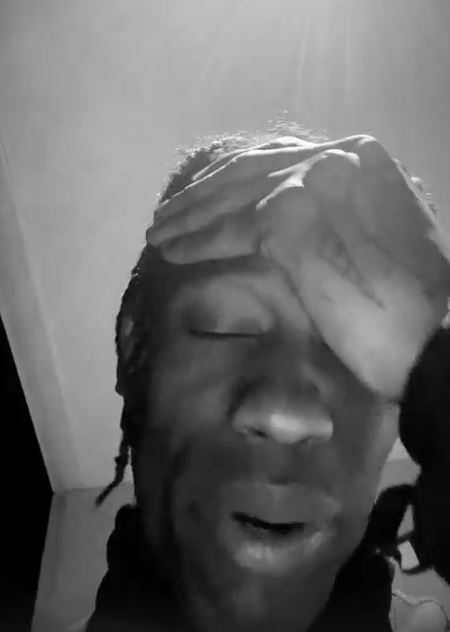Daedalus and Icarus
The story of Daedalus and Icarus goes that Daedalus, the genius inventor, crafted wings of feathers and wax so he and Icarus could escape Crete. However, Icarus grew cocky, flying so close to the sun that his wings melted and he fell to his death. In Fun Home, Bechdel makes a comparison of her and her father to Daedalus and Icarus, which I think is the perfect analogy. Throughout the novel she and her father embody both of these roles interchangeably, which I'll explore here. At the beginning of the book, Bechdel illustrates her and her father playing a game of airplane, which she related to the Icarian games of the circus. She cryptically notes that, "In our particular reenactment of this mythic relationship, it was not me but my father who was to plummet from the sky" (Bechdel 4). As they are playing airplane, her father is Daedalus and she is Icarus, but this statement implies the opposite. Her father would be the one to plummet from the sky, which c...

